Released during the weekend, China’s exports, in USD term, surged 60.6% yoy in the period of Jan-Feb, well above expectations of 38.9% yoy. Imports also rose 22.2% yoy, above expectation of 15.0% yoy. Trade surplus came in at USD 103.3B, much wider than expected USD 60.0B.
The impressive data could be distorted by usual volatility for the January to February period. Additionally, the strong growth partly reflected the low base set in 2020. Nevertheless, some analysts still noted the strong rebound in both global and domestic demand.
Stock traders were not too impressed with the data though. Hong Kong HSI quickly reversed initial gains and it’s currently down -1.6%, or -470 pts, at the time of writing. Immediate focus is now on last week’s low at 28513.13. Break there will extend the correction from 31183.35.
Still, key support lies in 38.2% retracement of 21139.26 to 31183.35 at 27346.50. As long as it holds, the up trend from 21139.26 is still in favor to resume at a later stage.




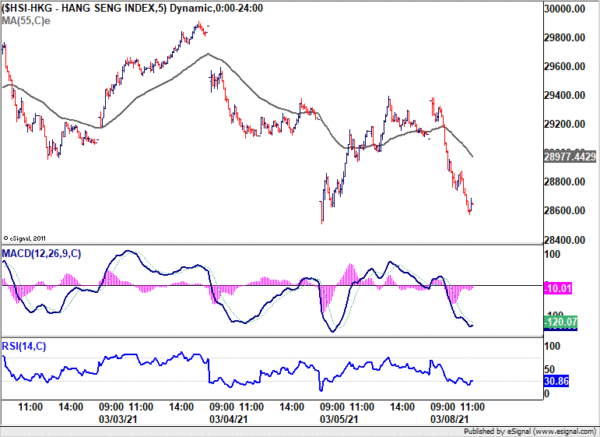
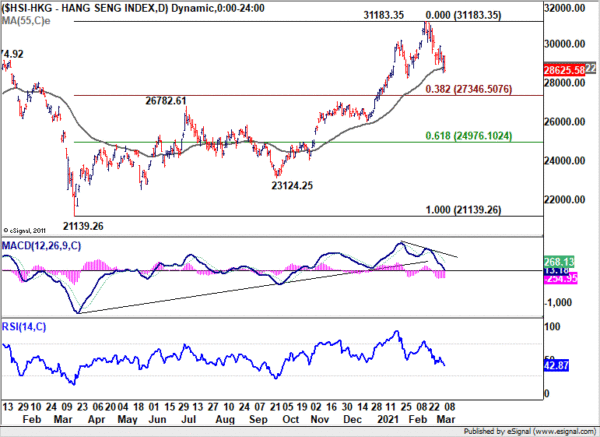
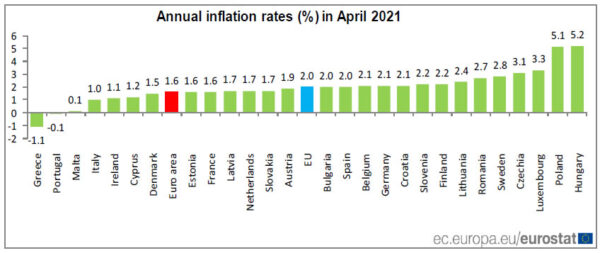
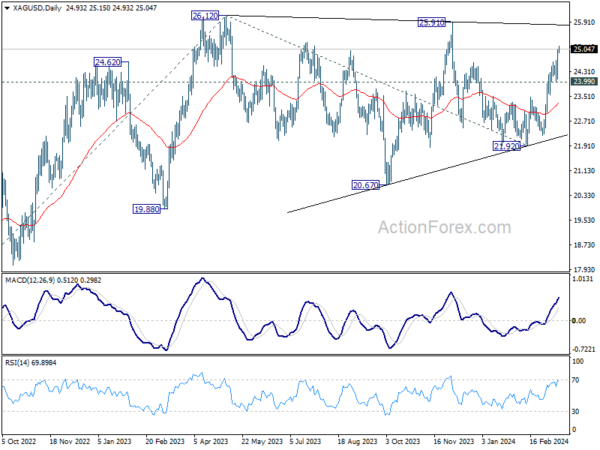
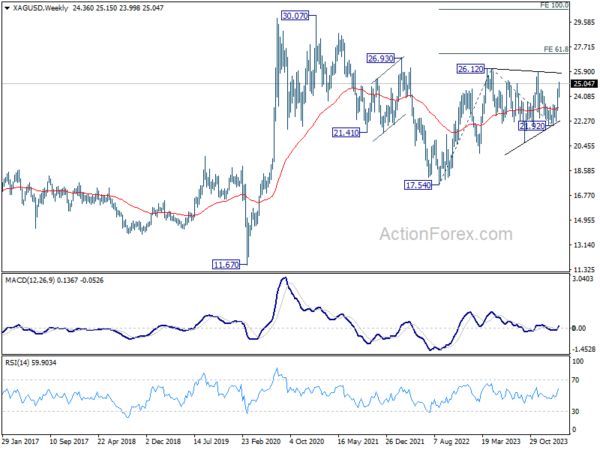
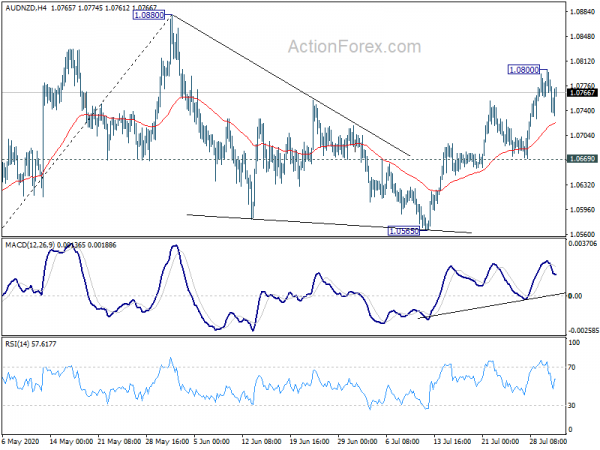
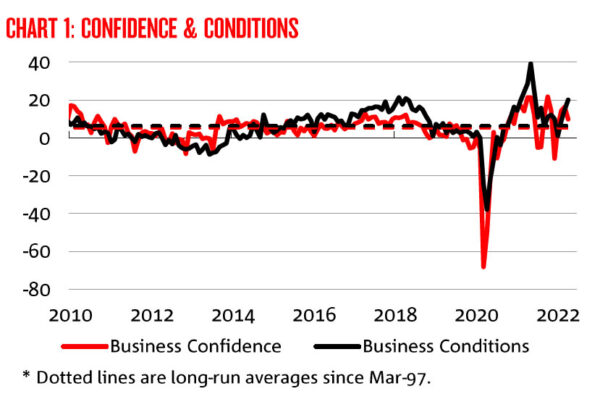
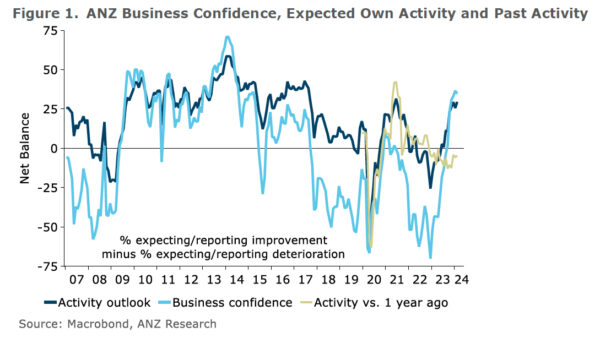

German Merkel confirms to end party leadership
German Chancellor confirmed the rumor that she is not going to run for leadership of the Christian Democratic Union again in December. Also, she’s stay and carry out my duties as chancellor for the rest of the legislative period till 2021.
She also confirmed that her hand-picked CDU general secretary, Annegret Kramp-Karrenbauer, and conservative rival, Jens Spahn, will both run as party leader. For now, she is not taking a side but rather, she’s looking at the party leadership race “as an opening, a phase of possibilities,” “a nice process”.